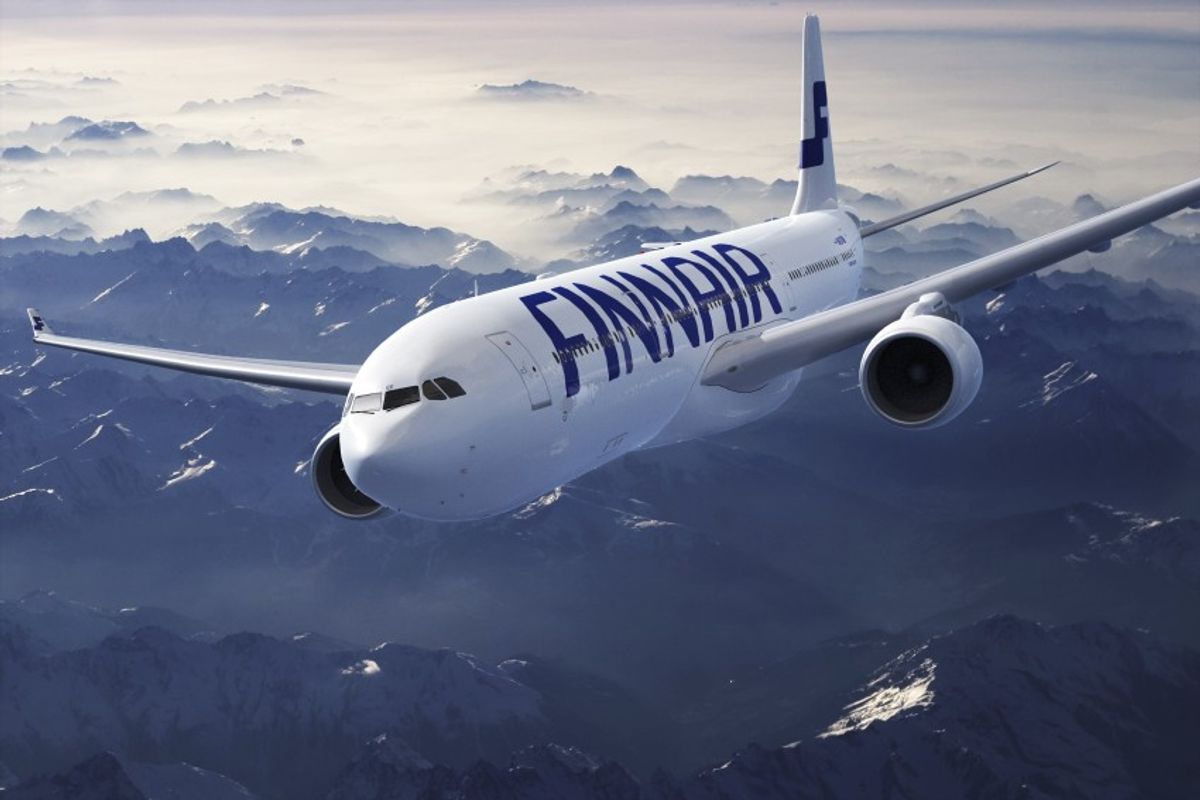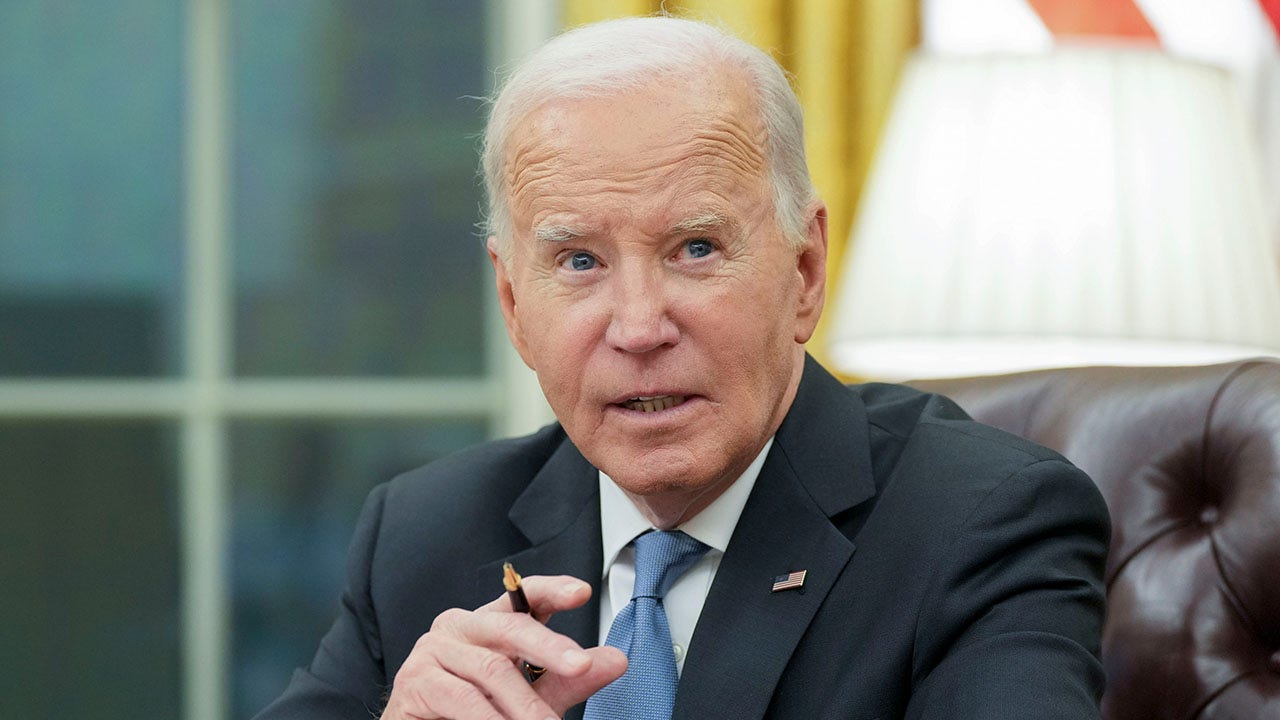Higher costs and low base fares send Delta’s profit down 29%. The airline still earned $1.31 billion

Americans are traveling in record numbers this summer, but Delta Air Lines said Thursday that it saw second-quarter profit drop 29% due to higher costs and discounting of base-level fares across the industry.
The airline is also predicting a lower profit than Wall Street expects for the third quarter.
On a call with analysts and reporters, Delta CEO Ed Bastian sent a clear message to low-cost carriers: Slow your growth to end the oversupply of seats on domestic routes.
Delta shares tumbled 6% in midday trading Thursday, and the shares of other carriers were dragged down as well. JetBlue, American, United and Southwest fell between 3% and 6%.
Delta said it earned $1.31 billion from April through June, down from $1.83 billion a year earlier.
Revenue rose 7% to nearly $16.66 billion — a company record for the quarter. That is not surprising to anyone who has been in an airport recently. The Transportation Security Administration screened more than 3 million travelers Sunday, a single-day high.
“Demand has been really strong,” Bastian said in an interview. “International, business (travel), our premium sector all outperformed.”
Delta’s results showed a continuing divide between passengers who sit in the front of the plane and those in economy class. Revenue from premium passengers jumped 10% — about $500 million — but sales in the main cabin were flat with a year earlier.
Wealthier Americans are benefiting from strong gains in stock prices and the value of their homes, according to economists, while middle-class families are more likely to be holding back on spending because high inflation over the last three years has eroded their paychecks.
Delta and United — with their focus on premium customers, a bigger share of business travel and extensive international routes — have emerged from the pandemic as the most profitable U.S. carriers. Others that cater to budget-conscious leisure travelers, including Southwest, JetBlue and Spirit, have posted losses and cut prices to fill seats.
The changing market has caused Southwest to consider adding premium seats for the first time in its half-century history.
“Our more affluent customers are contributing meaningfully to our growth, and that’s why we continue to bring more and more product to them,” Bastian said.
Bastian, however, disputed any notion that middle-class travelers are pulling back on spending. He said it is simply supply and demand — the airline industry, including low-fare carriers, is adding flights even faster than demand is growing, leading to lower fares. “The discounting is in the lower-fare bucket,” he said.
Delta’s passenger-carrying capacity grew 8% in the second quarter, but it plans to throttle back to between 5% and 6% growth in the third quarter. Bastian said other, less-profitable airlines should do the same.
“You cannot, if you are on the lower end of the industry’s food chain, continue to post losses, particularly given the health of the demand set we have all seen over these last couple of years,” he told analysts. “There is a lot of other work that others need to lift … there is only so much more we can do on our own.”
The signal to other airlines about capacity was remarkable. During the Obama administration, the Justice Department investigated whether U.S. carriers colluded by signaling each other during events such as conference calls to raise prices by reducing the number of seats for sale. That investigation ended without charges, although Southwest and American later paid to settle private lawsuits that made similar accusations.
Delta doesn’t disclose average fares, but passengers paid 2% less per mile in the second quarter, and there were a couple more empty seats on the average flight, compared with a year earlier.
Delta’s increase in revenue was more than offset by higher costs. Expenses jumped 10%, with labor, jet fuel, airport fees, airplane maintenance and even the cost of running its oil refinery all rising sharply.
Spending on labor grew 9% over last year. The airline hired thousands of new workers when travel began recovering from the coronavirus pandemic, but hiring now is mostly limited to replacing workers who leave or retire. Delta laid off an undisclosed number of nonunion office employees last fall in a sign that management considered the company overstaffed.
Atlanta-based Delta said its earnings, excluding one-time items, worked out to $2.36 per share, a penny less than the average forecast among analysts in a FactSet survey.
The airline said its adjusted profit in the third quarter will be between $1.70 and $2 per share, below analysts’ forecast of $2.04 per share. Delta repeated its previous prediction that full-year profit will be $6 to $7 per share.
___
Koenig reported from Dallas. Christopher Rugaber in Washington contributed to this report.
Related
Where Was ‘American Primeval’ Filmed? Explore the Wild West Locale…
Those who love Westerns may have been extremely excited to see trailers for the recently released series American Primeval. The gritty Netflix original show, w
A Deeper Dive into the New American Travel Trend
The Rise of Extended Vacations: A Deeper Dive into the New American Travel Trend - Im
Finnair expands codeshare deal with American Airlines
Finnair has announced an expanded codeshare arrangement with American Airlines covering flights from the US to Mexico. The two Oneworld carriers have agreed t












